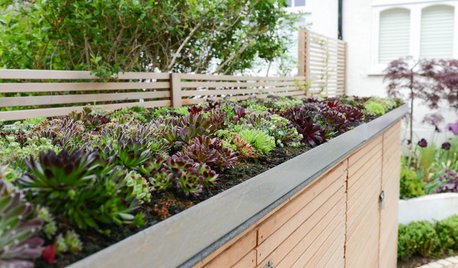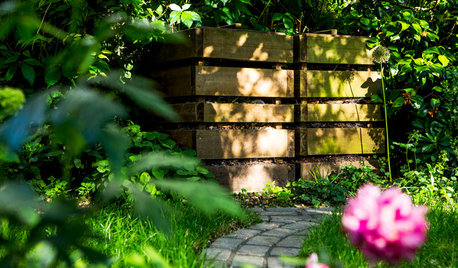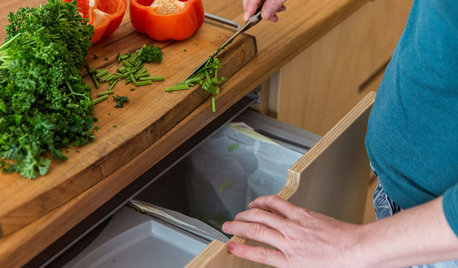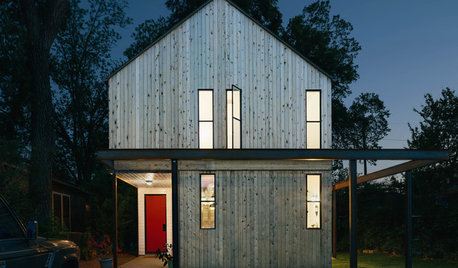Creating compost without a pile
5 years ago
last modified: 5 years ago
Featured Answer
Sort by:Oldest
Comments (20)
- 5 years ago
- 5 years ago
Related Professionals
Salem Landscape Architects & Landscape Designers · Westwood Landscape Contractors · Cicero Landscape Contractors · Edinburg Landscape Contractors · Hickory Hills Landscape Contractors · Plantation Landscape Contractors · Waipahu Landscape Contractors · Dedham Decks, Patios & Outdoor Enclosures · Glen Ellyn Decks, Patios & Outdoor Enclosures · San Jose Decks, Patios & Outdoor Enclosures · Deer Park Landscape Architects & Landscape Designers · Stamford Landscape Contractors · Cerritos Landscape Contractors · San Bruno Landscape Contractors · Severna Park Landscape Contractors- 5 years ago
- 5 years ago
- 5 years ago
- 5 years ago
- 5 years ago
- 5 years ago
- 5 years ago
- 5 years ago
- 5 years ago
- 5 years ago
- 5 years ago
- 5 years ago
- 5 years ago
- 5 years ago
- 5 years agolast modified: 5 years ago
Related Stories

LANDSCAPE DESIGN12 Enclosure Ideas for Trash Bins, Compost Piles and AC Units
Enhance your home’s curb appeal and keep bins organized with one of these design-forward, problem-solving ideas
Full Story
KIDS’ SPACESHow to Sneak In a Study Zone Without Creating Clutter
When kids do their schoolwork in open living areas, where do you stash the books and supplies? See these clever ideas
Full Story
GARDENING GUIDESProfessional Tips for Making Your Own Compost
Learn how to create a free supply of nutrient-rich soil for your garden with expert advice from Houzz landscape pros
Full Story
DECORATING GUIDESPile On the Pillows and Blankets for Fall and Winter Warmth
Learn how to layer sofa accents to get the most comfortable feel without sacrificing style
Full Story
REMODELING GUIDESAsk an Architect: How Can I Carve Out a New Room Without Adding On?
When it comes to creating extra room, a mezzanine or loft level can be your best friend
Full Story
KITCHEN DESIGNWhy You Might Want to Give ‘Bokashi’ Composting a Try
Turn kitchen scraps into gardening gold with this low-maintenance, space-saving method
Full Story
HOME OFFICESMeet Your Desk: How to Create a Workspace That Works
Ask yourself: What should live on your desk and what can live elsewhere?
Full Story
GARDENING GUIDESGet on a Composting Kick (Hello, Free Fertilizer!)
Quit shelling out for pricey substitutes that aren’t even as good. Here’s how to give your soil the best while lightening your trash load
Full Story
ENTRYWAYSNo Entryway? Create the Illusion of One
Create the feeling of an entry hall even when your door opens straight into the living room. Here are 12 tricks to try
Full Story
MOST POPULARHouzz Tour: Elbow Grease and Steel Create a Modern Texas Farmhouse
Talk about DIY. This couple acted as architect, interior designer and general contractor to build a one-of-a-kind home on a budget
Full Story







daninthedirt (USDA 9a, HZ9, CentTX, Sunset z30, Cfa)